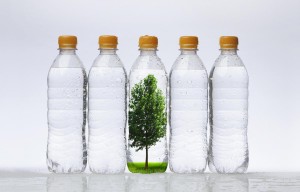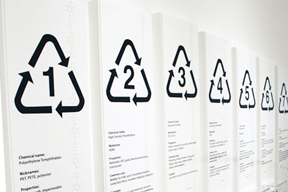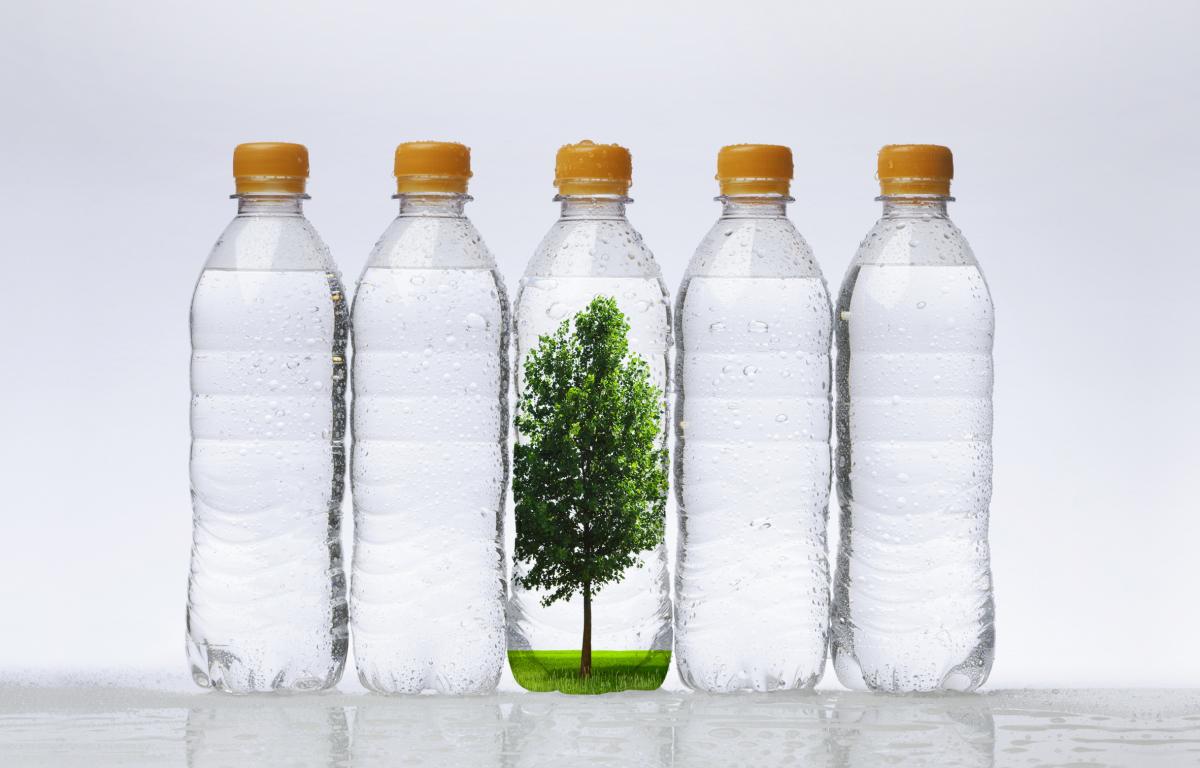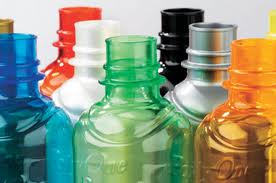“Can you imagine life before plastics?”

It’s probably safe to assume the answer is no. But keep in mind, more than 50 years ago plastics wasn’t nearly as present in our daily lives.A new exhibit at Burke Museum of National History and Culture at The University of Washington is gaining attention for exploring the ways plastics changed material culture.
Plastics Unwrapped looks at how plastics have evolved with topics ranging from life before plastics to the effects of plastic on our health and the environment, according to a news release announcing its opening.I recently talked with Exhibit Coordinator Ruth Pelz and she told me when the idea came about to have an exhibit focused on plastics, it was met with a lot of excitement.
“People bought in immediately and it caught on like fire,” she said. “But we know that it is a such a complex topic, so we had to reach out to many different experts in this field.” The museum brought in advisors from the chemistry industry, medical professionals, the Society of Plastics Engineers and various environmental groups to consult on the project.
It took about two years to get the exhibit all put together and on Dec. 20, 2012 it was finally open to the public.
According to the Museum, the exhibit includes:
- A life-before-plastics view at how challenges were met such as food storage and rain protection.
- Highlights plastic science and engineering, including molecular structure, fossil fuel origins and cutting-edge products.
- Illuminates medical achievements, health risks in some kinds of plastics, and how to limit exposure.
- Examines plastic life cycle and environmental impacts on land and sea.
- Provides insight about global consumption and risk, including toxic exposure in factories and waste dumps overseas.

“Plastics were marketed as the ‘material of the future.’ Now, that prediction has come true,” the news release stated. “They will stay in landfills and oceans for hundreds, if not thousands, of years. In order to counter the impact of plastic waste, we need to rethink our relationship with plastics.” Micheal Upchurch with The Seattle Times reviewed the exhibit and wrote that it features “some eye-catching statistical sculptures.”
For instance, one wall shows a display of 3000 plastic bags, which some estimate is how many are used every quarter of a second in the U.S. Another wall is covered with 1500 disposable plastic water bottles; the amount used every second in the U.S. Regarding the end of the exhibit, Upchurch wrote, “It leaves you with an unexpected – and tentatively optimistic – sense of coming full circle.”
Plastic programs
The museum is partnering with the Seattle Theatre Group on Feb. 5, 2013 to present an evening of “Short Takes on Plastics.” Ten experts from University of Washington and beyond will have six minutes and 20 slides to discuss a range of topics, covering the benefits, plus unwanted side effects of plastics on our health, cultures and environments across the world.
There will also be evening plastic programs, which includes a collaboration with the University of Washington Program on the Environment to present a seminar series, running weekly from April thru May. Plastics Unwrapped: the Good, the Ugly, and the Debate will offer an opportunity to further explore exhibit topics and related social, economic and environmental impacts of the use and fate of plastics.
Pelz said they hope people who see the exhibit will have a deeper and more balanced understanding of plastics. “We all agree that plastics are wonderful, but at the same time have caused environmental and health problems,” she said. “We feel people will come out of the exhibit with more knowledge and an understanding on how to make better decisions about waste.”
This traveling exhibit is available for booking by host institutions. Host institutions are encouraged to feature their own community recycling efforts in the exhibit.








